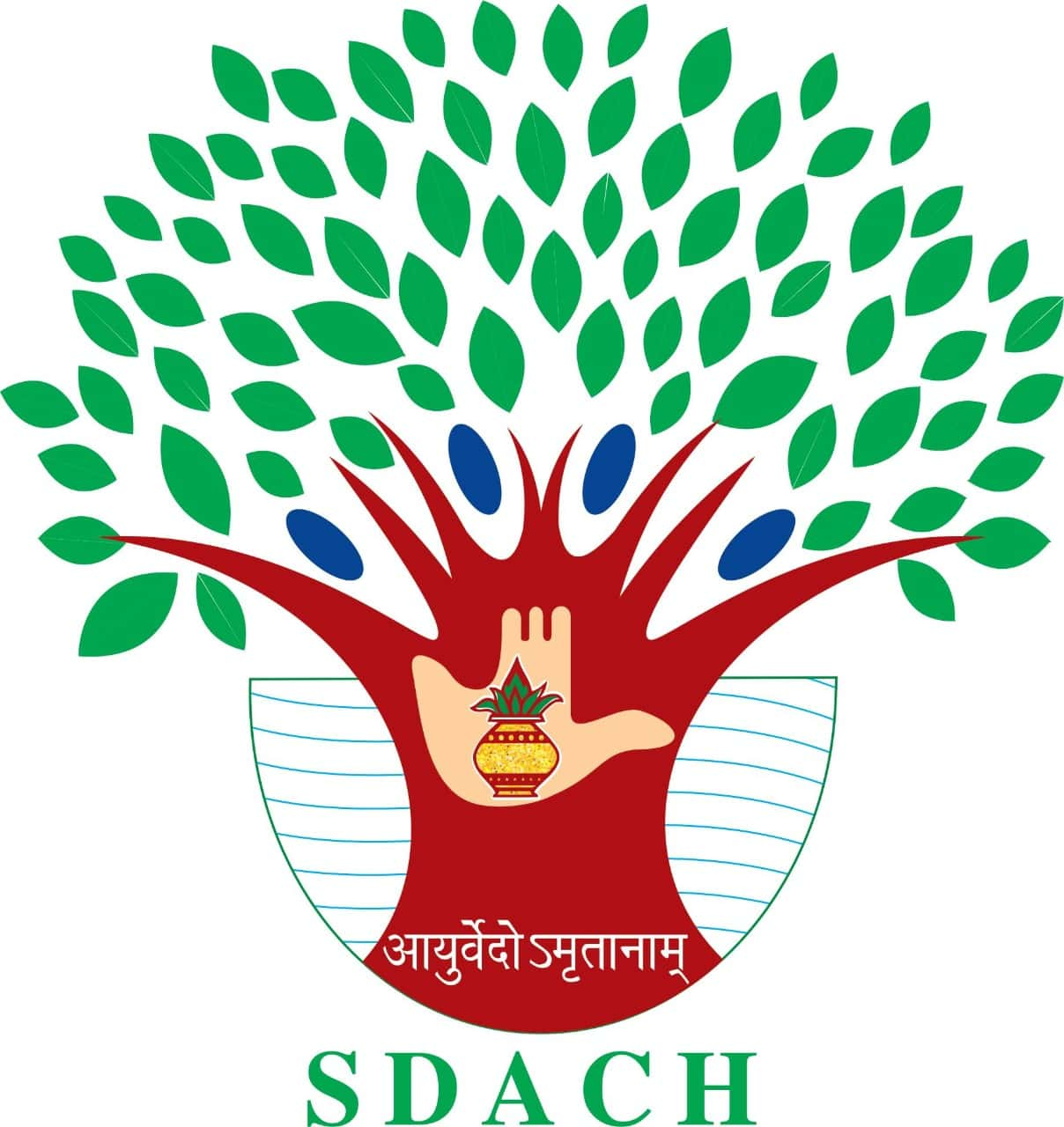Botanical Name : Mesua ferrea Linn.
Family : Clusiaceae
Introduction :
It used as lepana for visarpa (bala rogas). Susrutha & Vagbhata used synonyms of this plant, this also coming under chaturjataka.
Names in different Indian languages :
English : Iron-wood, Mesu
Hindi : Nagakesar
Kannada : Nagasampige
Malayalam : Nagappuvu,nanku,nagachempakam, vayanavu,churuli,eliponkhu
Sanskrit : Nagapushpah, nagakesarah
Tamil : Nagakesaram ,Sirunagappo,nanku
Telugu : Nagakesaramu, gajapuspam
Unani : Naarmushk
Synonyms :
Naagapushpa, Chaampeya, Naaga, Naagakinjalika, Ahipushpa, Ahi Puspa, Kanakãhva, Kañcanãhvaya, Kiñijilkam, Kesaram, Cãmpeyam, Natam, Nagam, Naga Kiñjilkam, Naga Puspam, Naga renuka, Piñjaram,Phani pannagam, Rukmam, Suvarnam, Hema pusam
Classification according to Charaka, Susrutha & Vagbhata :
Susrutha : Elãdi, Vacãdi, Anjanãdi, Priyangvadi ganas
Vagbhata : EIädi, Vacädi, Anjanadi, Priyangvadi ganas
Varieties & adulterants – (CV – controversy, AD – adulterants) :
(1) Naga kesara – Mesua ferrea Linn
(2) Pacima kesara – Ochrocarpus longifolius Benth & Hook, f., (lal varieties)
(3) Punnaga – Calphyllum inopylrur linn
(4) Karu Nagakesara – Cinnamomum wightii/ C. tamala
(5) Dillenia pentagyna-malabar naga kesara
Mesua nagassarium (Burm. f.) Kosterm
Morphology :
It is a medium sized tree; bark ash-coloured.
Leaves- 8- 12 by 3-4 cm. oblong-lanceolate, acute acuminate, glabrous above and glaucous beneath, petioles 6-8 mm. long.
Flowers- white coloured, 2-2.5cm. deameter, axillary or terminal, stamens are numerous, golden-yellow coloured.
Fruit- 2.5-3 cm. long.Ovoiad.seed- 1-4, angular, smooth, chestnut brown in colour.
Distribution & Habitat :
Along western ghats of Konkan and Malabar area, Tamil nadu.
Chemical constituents :
Xanthones, euxanthone, mesuaxanthones,A and B,Mesuol , Mesuaxanthone B- and euxanthone MammeiSin ,Maminegin ,mesuol , mesuaferrofle glycoside- cyclohaxodione- mesuaferrol, Octadecatriefloic and hexadecanoic acids
Karma :
Kapha- Pittahara Pramãti, Grãhi, Pachan, Visahara, sotha hara, Kandughna, Kushtaghana,antidysenteric. ,astringent, haemostatic, anti-inflammatory, stomachic, antibacterial, antifungal
Indication :
Raktaras Raktatisãra, Rakta Pradara, Kustha, Visarpa, Jvara, Chardi, Vãta rakta, sopha, Vãta roga, siro roga, Trsnã, Visa roga,cough, bleeding piles,metrorrhagia, leucorrhoea, fever, ulcers
Part used :
Flower, Stamens, leaf
Dosage :
Dosage : Powder of stamens 1-3g. orally.
Leaf juice : 10-15 ml
Powder : 2-4 g
Decoction : 50-100 ml
External uses :
Lepana in visarpa
Internal uses :
Central nervous system : it is useful in brain debility and hysteria.
Digestive system : It is an appetizer, mainly digestive, antidipsetic, antiemetic, antihaeniorrhoid, astringent and vermicide. It also acts as a haemostatic in bleeding piles.
Circulatory system : it is used in cardiac debility, rakta pitta, and blood disorders.
Respiratory system : It is used in cough induced by kapha, dyspnoea anti hiccoughs
Reproductive system : It is used as an aphrodisiac
Urinary system : Diuretic, hence useful in retention of urine.
Skin : Kushthaghna..
Temperature : Febrifuge. Useful in fever.
Satmikaran : It is used as a .tonic and antidote,
Important Yogas or Formations :
Kanakasava,catujataka,eladichurna,kesaradi kasayam.
Therapeutic Uses :
(1) Rakta Aras— Naga kesara cürna (2-3gm) shall be administered orally alongwith butter and sugar (C.S.Ci.14/210)’
(2) Hikkã— Nagakesara cürna (2-4gm) is given orally with honey and sugar along with (S.S.Ut.50/24)2.
(3) Rakta Pradara— Nagakesara cürna is to orally administered while consuyming plenty or butter-milk daily
(4) Sveta Pradara— Naga kesara is soaked in the buttermilk and administered orally for 3 days (V. S. & Y. R.)4.
(5) Rakta Atisãra— Nãga kesara churna with sugar (V. S.)5.
(6) Pumsavana— The lady who wants to have a female child should consume Nagakesara along with ghee (5gm dose daily) during the period of ovulation (Rtu kãla)- (R. M.)’.
(7) Garbhasrava- Powders of Naga kesara and Püga (beetle nut) are mixed together and given orally.





